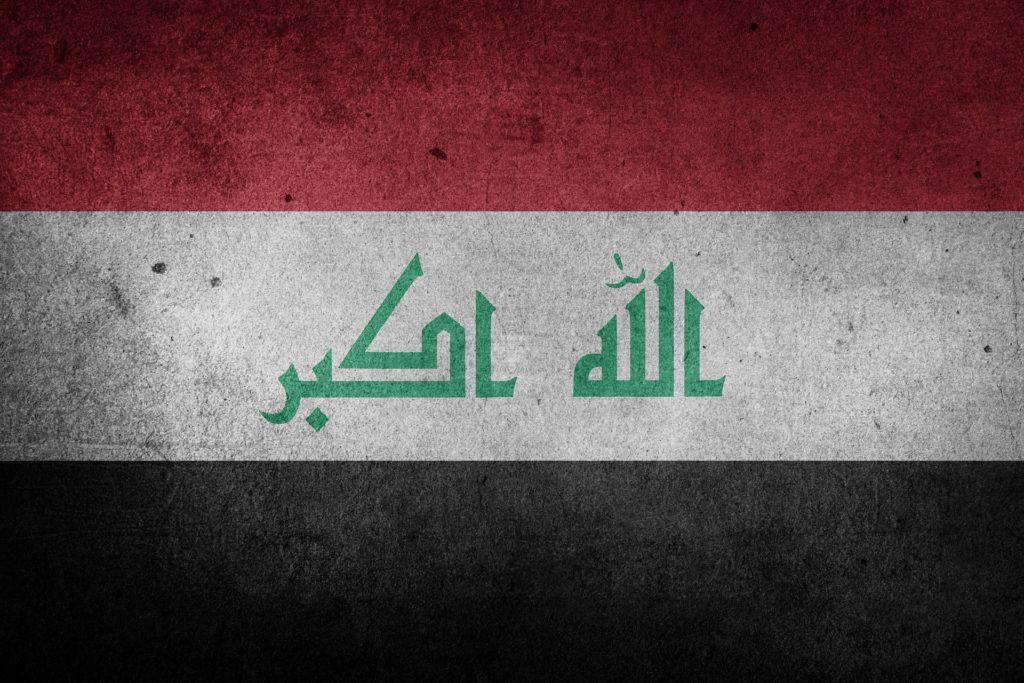It was three days ago that mass anti-government protests began in Iraq, with thousands taking to the streets to protest rising unemployment, failing public services including long power outages, and government corruption. More than 800 protesters have been injured in violent clashes with security forces, and according to Al Jazeera, the death toll has risen to 20. The wave of protests were sparked in Tahrir Square, Bagdad, and following a call on social media the demonstrations spread nationwide, taking place in at least seven other provinces.
Iraqi authorities have responded to the protests by imposing a near-total internet shutdown, as well as shutting down government offices, introducing a curfew in several cities, deploying thousands of heavily armed security forces, arresting hundreds of people, and engaging in conflict resulting in protester deaths.
A few hours after the protests started Wednesday, Iraqi authorities blocked Facebook, Twitter, WhatsApp, Instagram, and other social and messaging apps, and since Wednesday evening, internet access has been cut off across much of Iraq. Currently 75% of the country, including Baghdad, is still offline.
Unfortunately, this is not the first time Iraq has shut down the internet. Iraqi authorities previously imposed curfew-style internet shutdowns in an effort to prevent cheating during exams. Iraq has also previously used internet controls to suppress dissent in 2018 when thousands protested corruption and unemployment in Basra, Southern Iraq. Just as they did in 2018, authorities first cut off access to social media platforms followed by a wider internet blackout across the entire country.
Internet shutdowns restrict access to vital information and harm the fundamental right to freedom of expression. The shutdowns in Iraq prevent communication between protesters and blocks them from sharing footage of the demonstrations. Furthermore, protesters may be prevented from reaching emergency and medical services, accessing life-saving information and reaching family and friends in Iraq and abroad. The free flow of information is essential during times of civil unrest, but internet shutdowns prevent journalists from reporting on the situation on the ground. Media may be blocked from speaking with their sources and sharing the reality of the violence and human rights violations committed by security forces during the protests.
Your story could help stop the shutdowns
If you’re in Iraq, your voice is especially important right now. Your story and any information you share about this shutdown incident can help us fight censorship and internet shutdowns around the world. Use this form (here in Arabic)to share how the shutdown has affected you.
